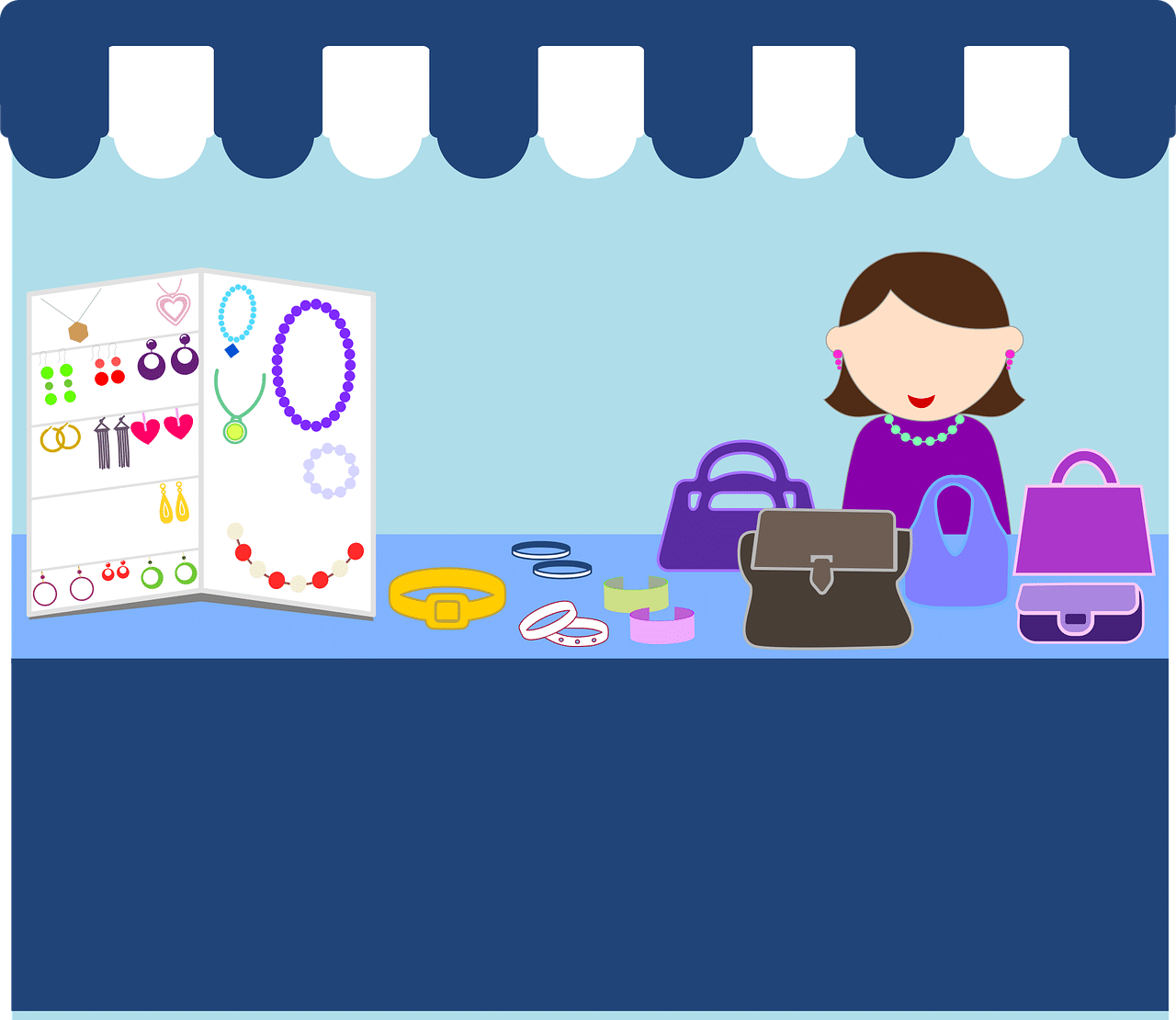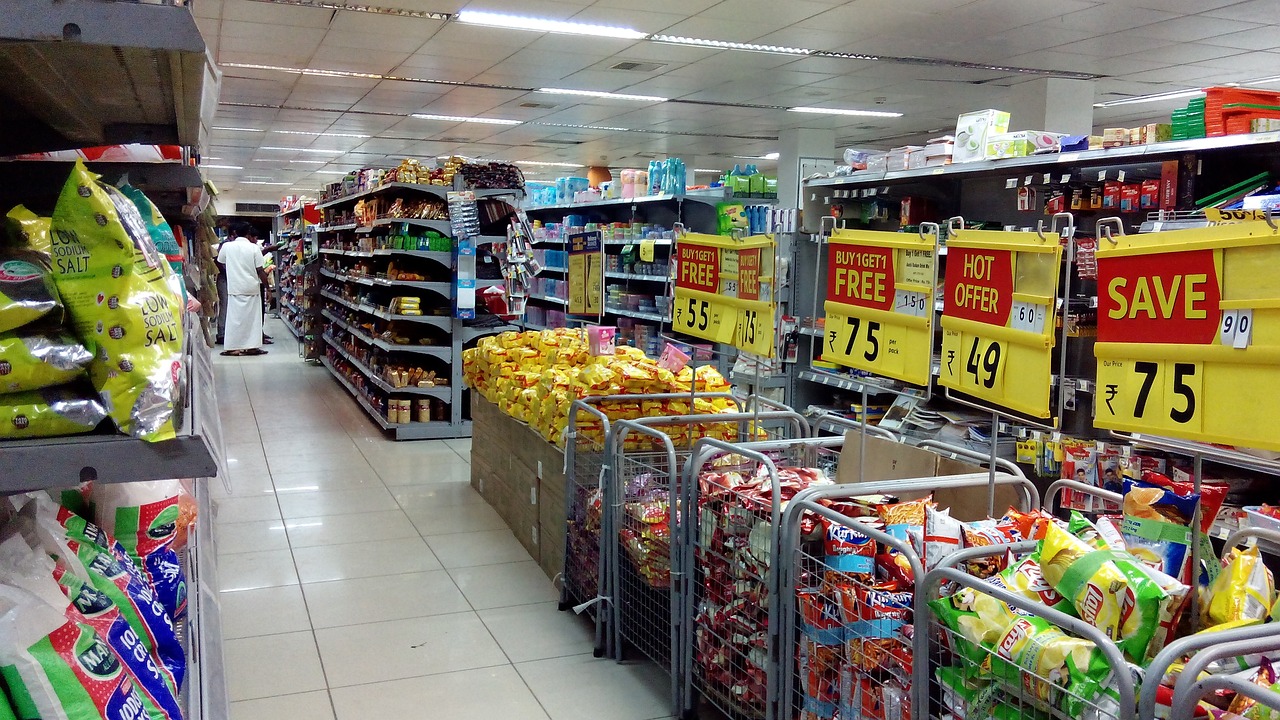
Retail sales are made directly to the final consumer.
Retail is an adjective that is used in the field of commerce to name the activity carried out at retail . By extension, the term is also used as a noun , in reference to whoever markets under this modality.
For example: “Clothing retail sales have grown by 26% in the last year” , “My father has a cleaning supplies retail business” , “They say that the Spanish retail chain will set up shop in the country during the next half year” .
In the same way, we cannot forget that retailer is a term that is used within the scope of the Church. Specifically, it is used to refer to that religious person who only has what are the minor orders.
retail sale
Retail sales or distribution (that is, retail) is that which develops from a commercial company to the final consumer . In the distribution chain, therefore, it is the last link since the product reaches its destination.
It must be said that there are many types of retailers; However, the role of retail businesses must be highlighted. We are referring to those neighborhood stores that become our lifeline at many times and that increasingly complain about the serious damage that large stores and chains are causing them, with which they are unable to compete.

Retail trade is very important in the economy.
Advantages of this type of merchant
We have to emphasize that the retailer has a series of advantages over its competitors in the market:
- It offers a closer and more personal treatment.
- It focuses on customer service, since, among other things, this will become your best advertising claim. The fact that “word of mouth” spreads that it has good items or prices is what will increase its profits.
- We must also not forget that the fact that the retailer is specialized in a very specific sector makes it easier for the customer to find both professional advice and products that are not offered by large stores.
- Likewise, it should not be overlooked that retail trade is also identified because it is easier to control and manage or because there are few people who have to make decisions.
The example of tomato retail sales
Let's consider the case of the tomato . In the first place, there is a farmer who is in charge of growing the tomato. The product is sent from the field to some collection center, such as a central market. A neighborhood greengrocer buys tomatoes wholesale and then sells them at retail to the final consumer. The greengrocer, therefore, is the retailer.
The profit for the retailer is found in the price difference between the product purchased at wholesale and then sold at retail. In the previous case, the greengrocer can buy 100 kilograms of tomatoes for 400 pesos , which means paying 4 pesos per kilo . When selling retail at his store, he offers tomatoes at 4.5 pesos per kilo . Therefore, by selling 100 kilos of tomatoes , the greengrocer will have earned 50 pesos .
